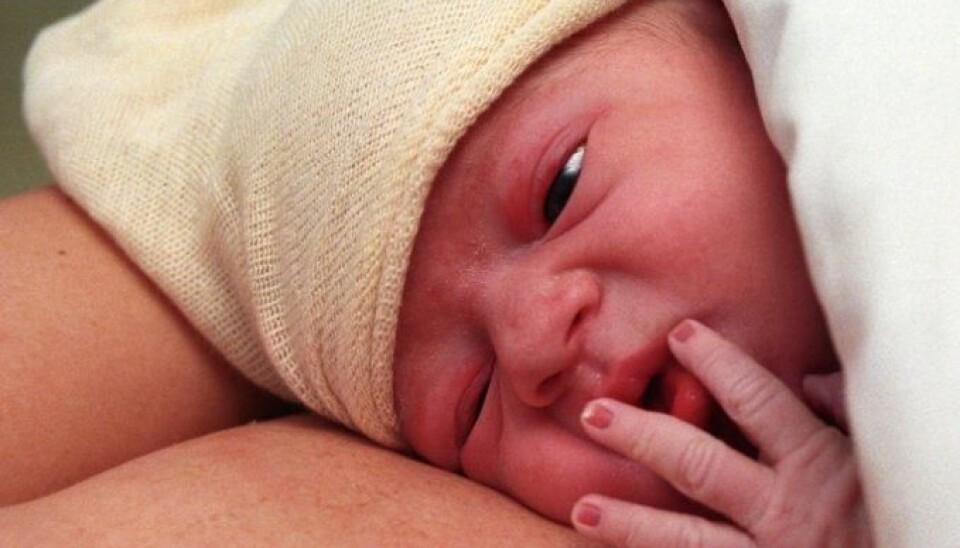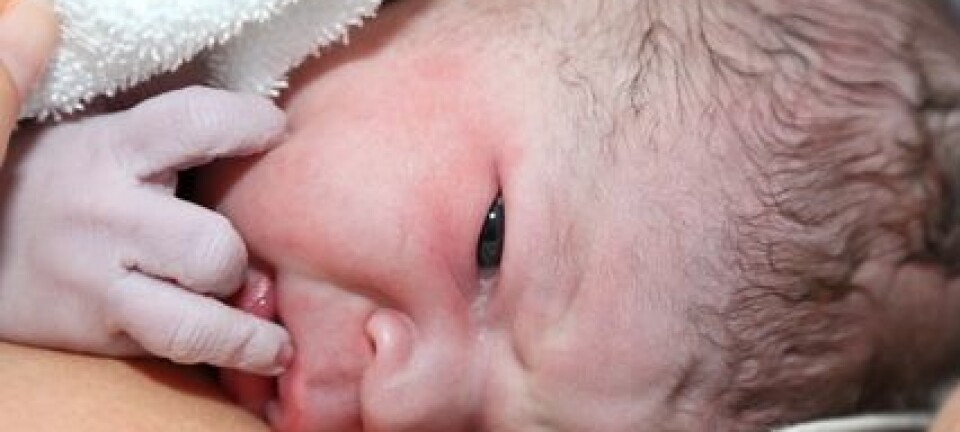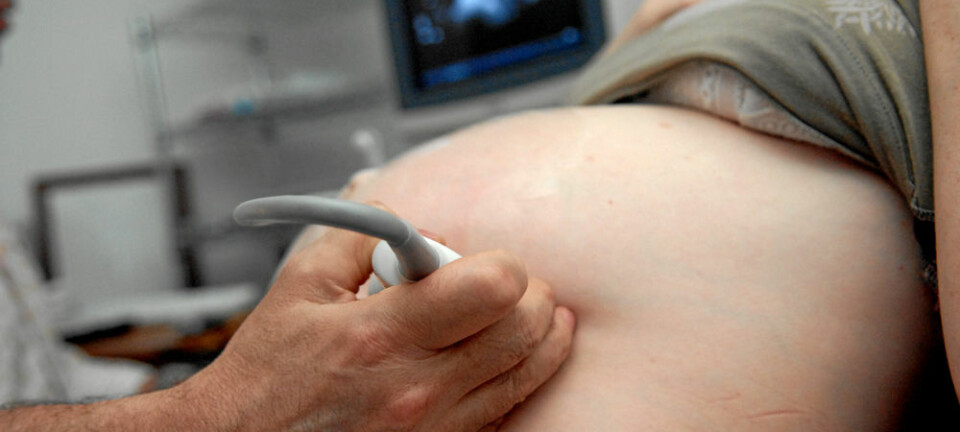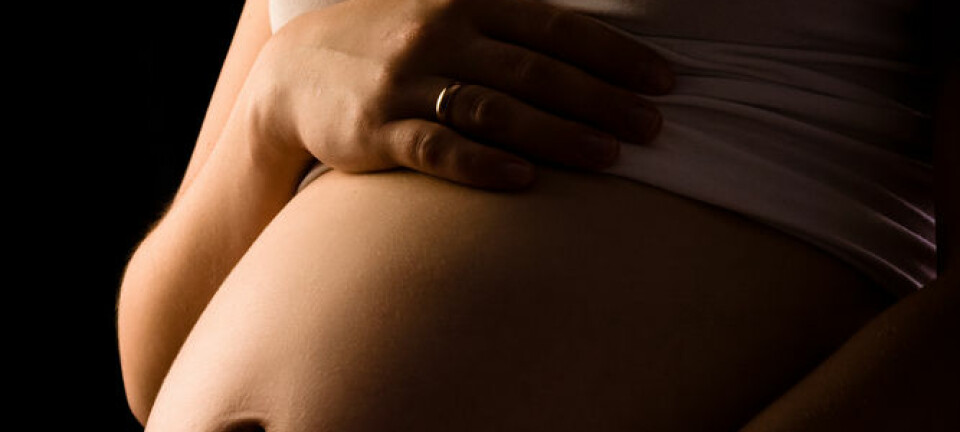
Born underweight – infertile in adulthood
Girls who were small or underweight at birth have twice the risk of infertility in adulthood as girls who were born within a normal weight range.
Infant girls with low birth weights risk problems having their own babies upon maturity, according to a new study of Swedish women.
Researchers at Linköping University predict that if their results are confirmed by other studies, there will be an increase in fertility problems as hospitals save the lives of an increasing number of infants born underweight or undersized.
The researchers have published their findings in The British Medical Journal.
Seeking fertility help
The researchers studied a group of 1,200 Swedish women who along with their male partners were seeking help with fertility problems from 2005 to 2010. The cause of infertility could be attributed to four factors: to the female, to the male, to both – or it could be unexplained.
It was confirmed that in about 40 percent of these cases, women were the primary cause of the couples’ problems having offspring.
The women in this 40 percent group were twice as likely to have been born underweight as the women in the relationships where the men were the primary source of the fertility problems.
Seven percent of the couples found out that they both could be the cause of the problems having children. The issue of which of the partners was the prime source of the fertility problem was unexplained among 28 percent of the couples.
Heavier than average
The researchers were able to exclude the women’s current body weight as a factor.
Nevertheless, the women who were in the 40 percent group tended to be heavier than average in this sample, according to a press release about the findings.
Although the study certainly seems to indicate that a low birth weight can have an impact on a girl’s fertility later in life, no clear link has been determined. As usual with studies that describe a trend, more studies are required to confirm the link before scientists are willing to draw conclusions with any degree of certainty.
The 1,206 persons in a single study are a small sample population. In addition, the women lived in a limited geographical area, which the researchers say could mean they are not sufficiently representative.
Growth restriction in the womb?
The Swedish scientists are reluctant to offer explanations as to why a low birth weight could possibly lead to fertility problems, but one idea has been offered.
Perhaps insufficient growth in the mother’s womb can impact the foetus’s reproductive organs, the scientists suggest. This is a theory that is supported by earlier research.
Medical researchers have also seen in a host of other studies in which disorders that develop when we are adults can be traced back to gestation – the time we spent in our mothers’ wombs.
Translated by: Glenn Ostling









